A solemn parliamentary sitting on October 19 will mark the beginning of the new 48th National Assembly. The newly elected 240 deputies will take the oath in the historical building on the National Assembly Square in Sofia.
"The mandate of the National Assembly as a body runs from the election day, but in order for everyone to individually participate in the work of the National Assembly, they must first take an oath. It, apart from its symbolic meaning, also has a constitutional meaning - from elementary voting to the opportunity to legitimize oneself as a representative of the people", explained to the BNR Assoc. Prof. Nataliya Kiselova, lecturer in constitutional law.
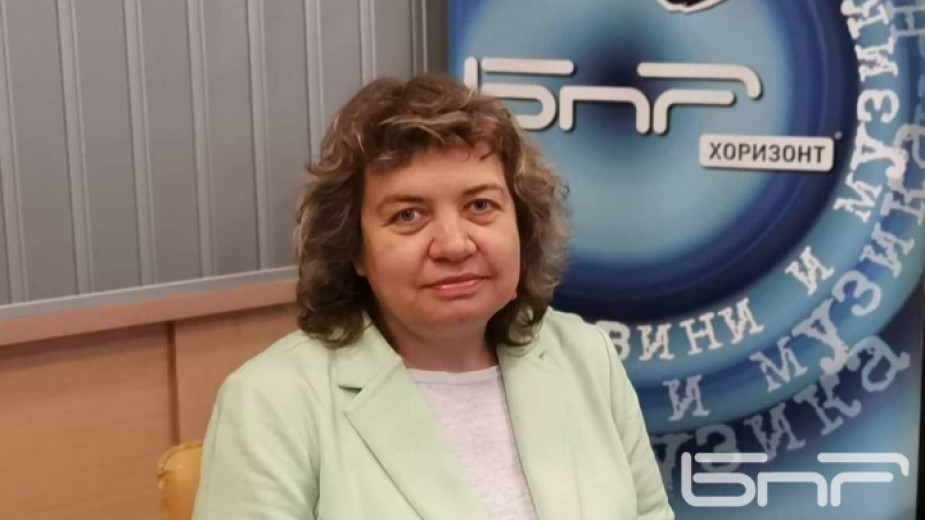
In order to be able to work and take decisions, the multi-party parliament will need a very strong dialogue based on governance priorities. Or, as Prof. Kiselova pointed out, "People's representatives must learn to listen to others, and to hear them".
The honour of opening the work of the 48th Bulgarian Parliament will once again be given to the oldest member of parliament – this time it is sculptor Vezhdi Rashidov, Member of Parliament from GERB, former Minister of Culture.
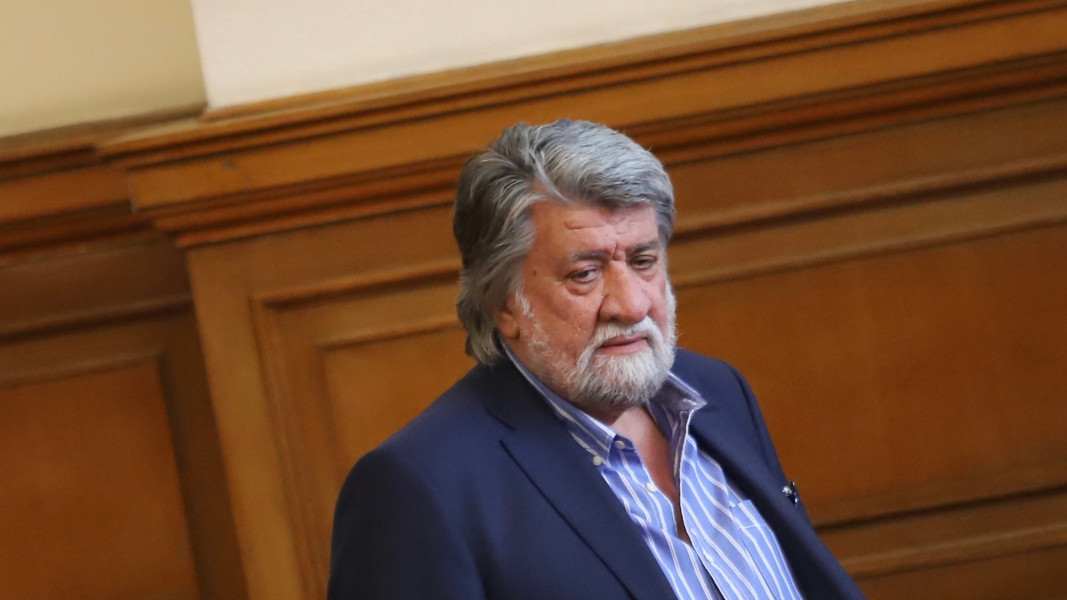
The youngest MP is the 25-year-old Nebie Kabak from the Movement for Rights and Freedoms as she already has experience in the previous National Assembly as a member of the tourism and economic policy and innovation committees.
Will the deputies be able to meet the citizens' hopes for quick and responsible work in conditions of multiple crises - economic, geopolitical and demographic?
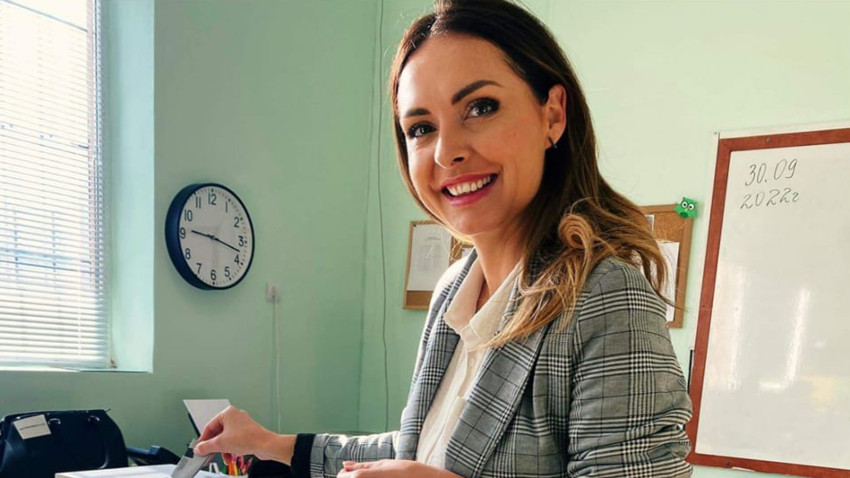
MP Marin Marinov from GERB also spoke about the need for a stable and predictable governance of the country.
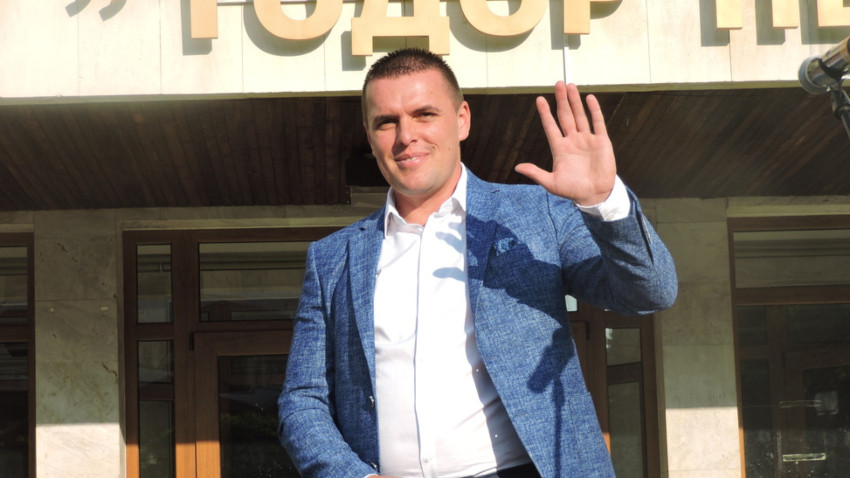
"The political crisis strengthens other crises in the country, we need leaders with proven experience and expertise. The solution to any crisis must begin with humility. Political leaders must put their egos behind them. We need unity to move forward as a society and country. There are priorities around which we can unite. Those who don't want to participate in solving crises and problems should at least don't get in the way”.
Will parliamentary democracy be able to protect the interests of Bulgarian citizens? Political scientist Strahil Deliyski cites a study according to which 90% of citizens believe that democratic governance should protect citizens from poverty, but at the same time 80% are of the opinion that the Bulgarian government fails to do this work:
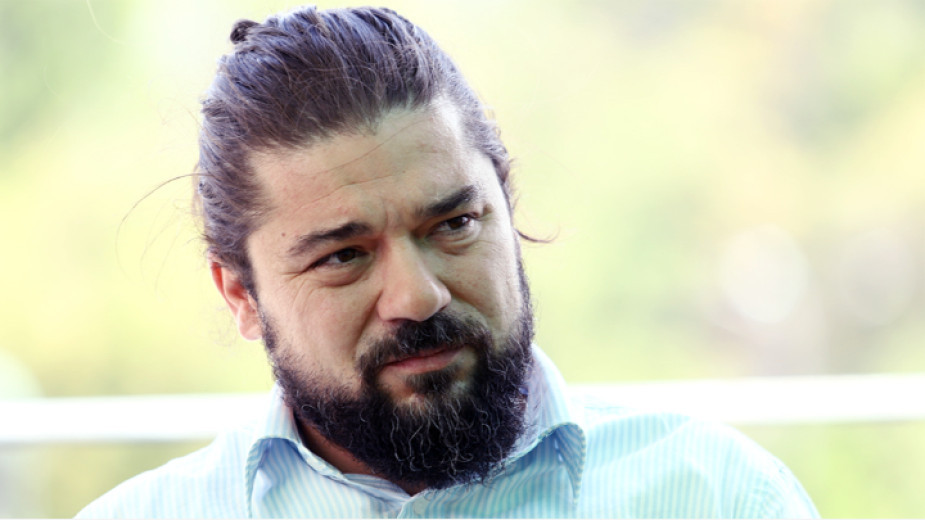
"A huge part of society expects a government that works with anti-crisis measures. Our Euro-Atlantic partners also expect it, investors and sponsors in politics also expect it, only political leaders are still hesitant as to how exactly it should be done. By the strength of this logic, under the influence of these factors, I expect a government to be formed. We should not expect too much because the interests of external partners and sponsors will dominate over the interests of the people."
Compiled by Joan Kolev
Editing by Elena Karkalanova
Photos: library BGNES, BNR, personal libraryRomania closes dozens of border check points as of 1 January In connection with its full accession to the Schengen area, as of 1 January, 2025, Romania is closing more than 30 border check points on its borders with Bulgaria and Hungary, Radio..
From the distance of time, history and researchers will give their assessment of Bulgaria and its neighbourly relations in the first quarter of the 21st century. But even then, they will rely on the facts and perceptions of contemporaries about them...
Albania and Montenegro mark progress in European integration in 2024 EU leaders met on December 18 with their counterparts from the Western Balkans. European Commission President Ursula von der Leyen called for finding..
Călin Georgescu remains the favorite for the presidential election in Romania Călin Georgescu, who won the annulled..

+359 2 9336 661
